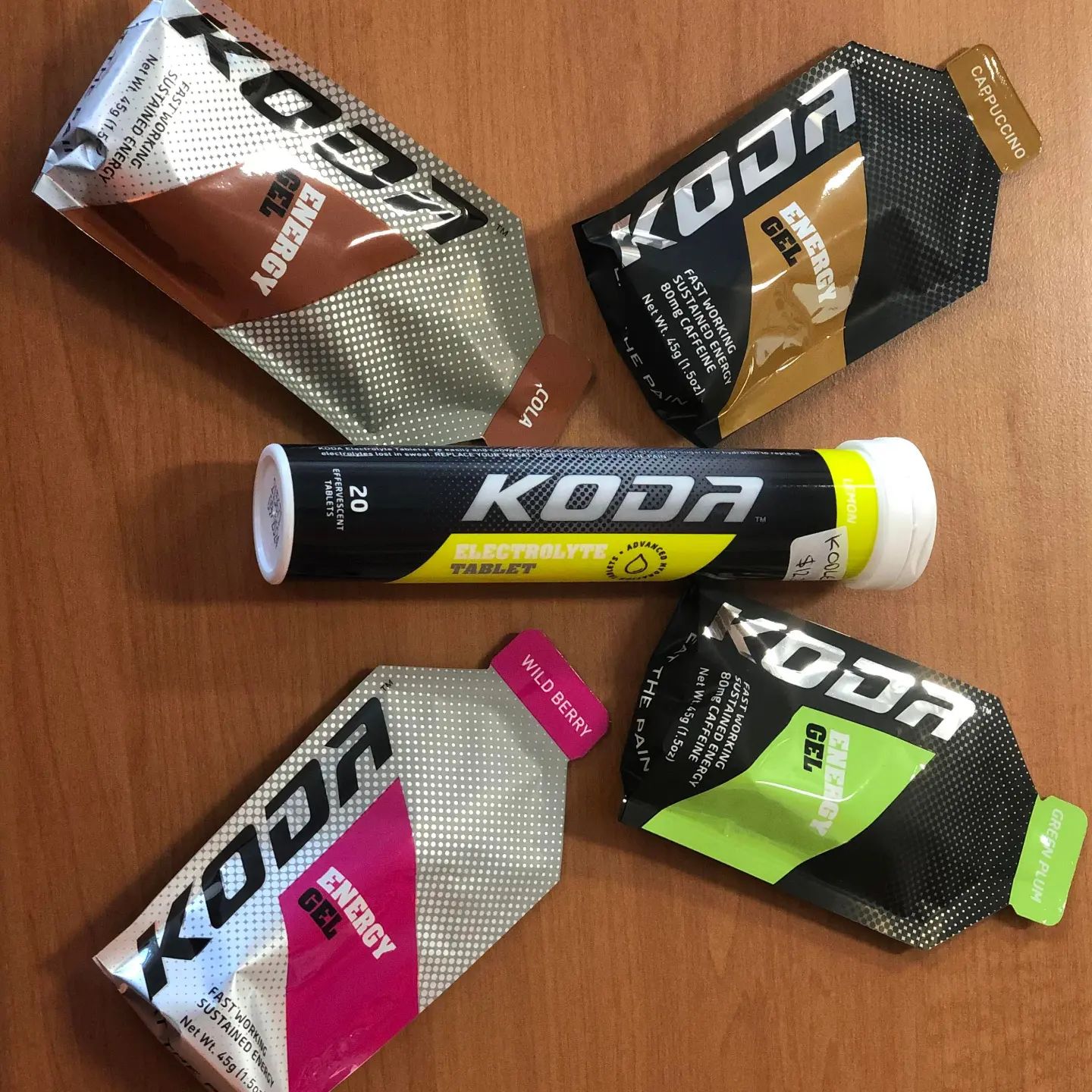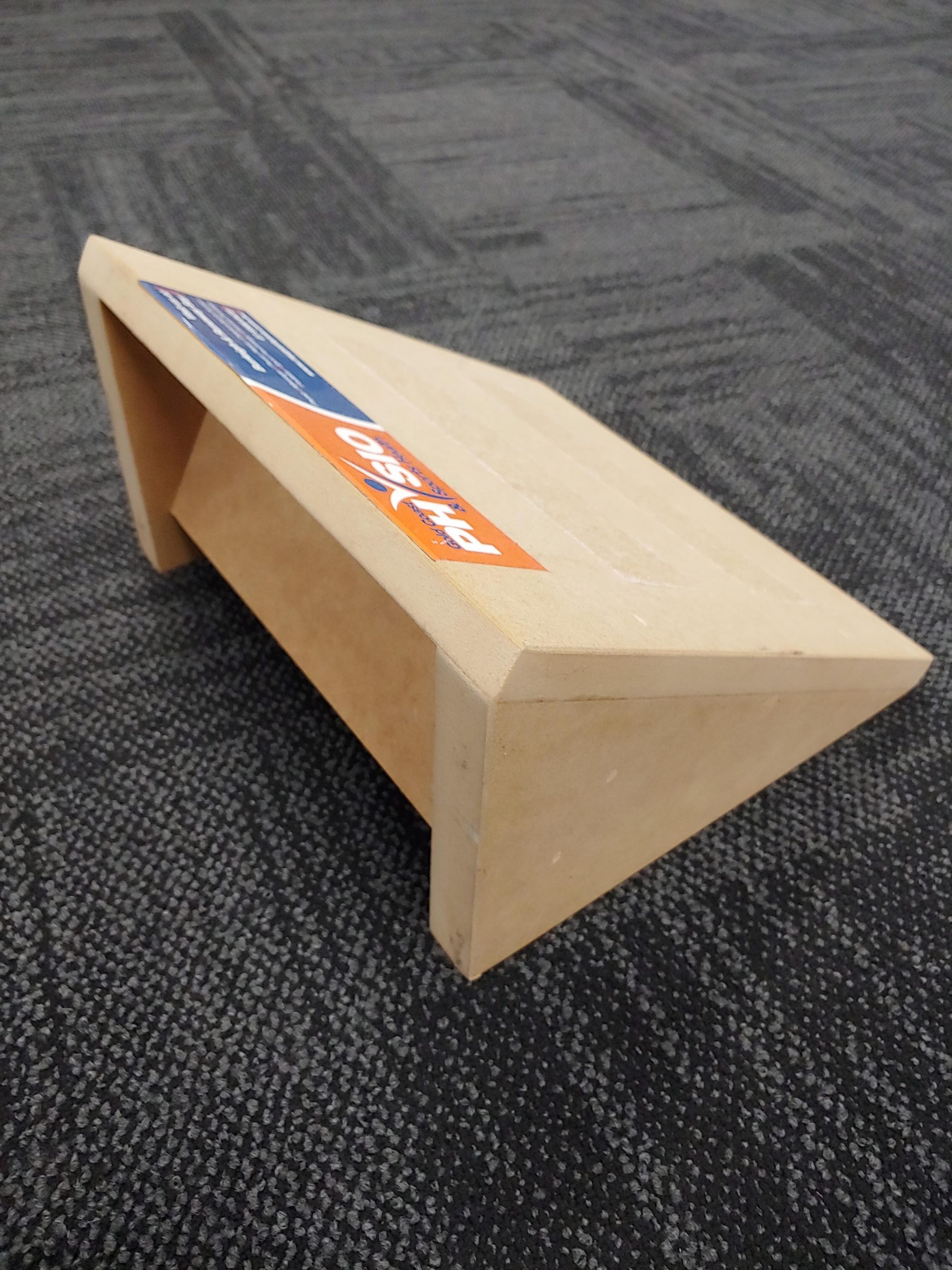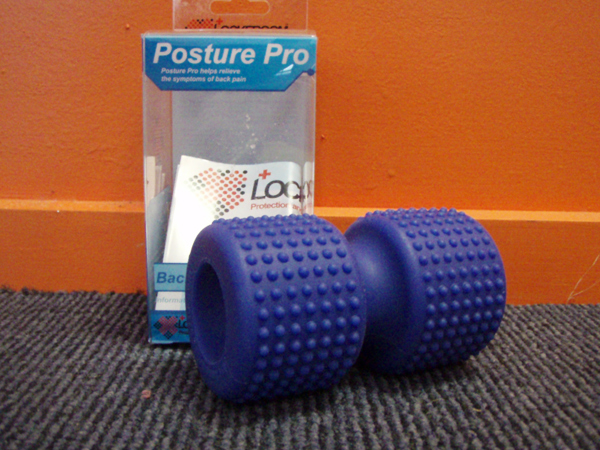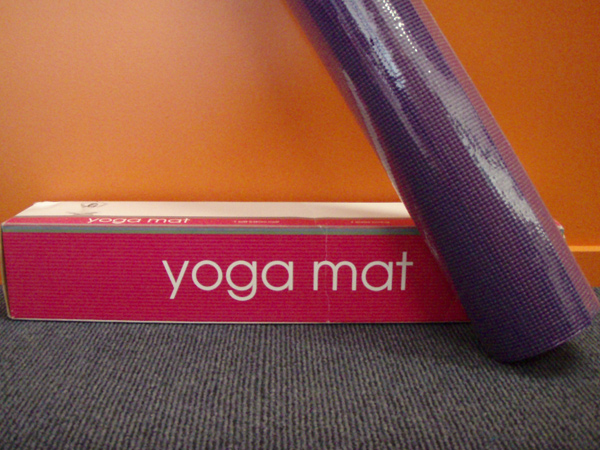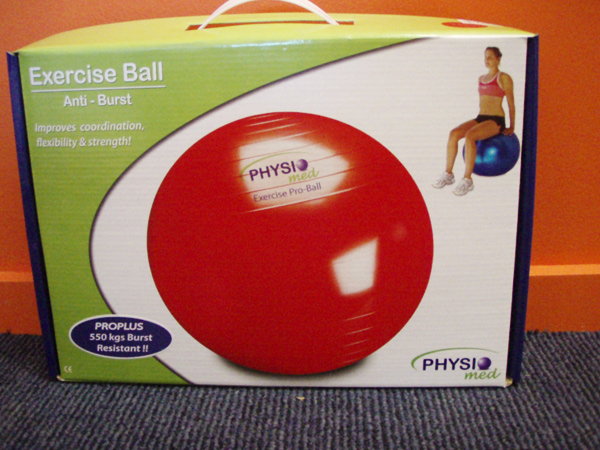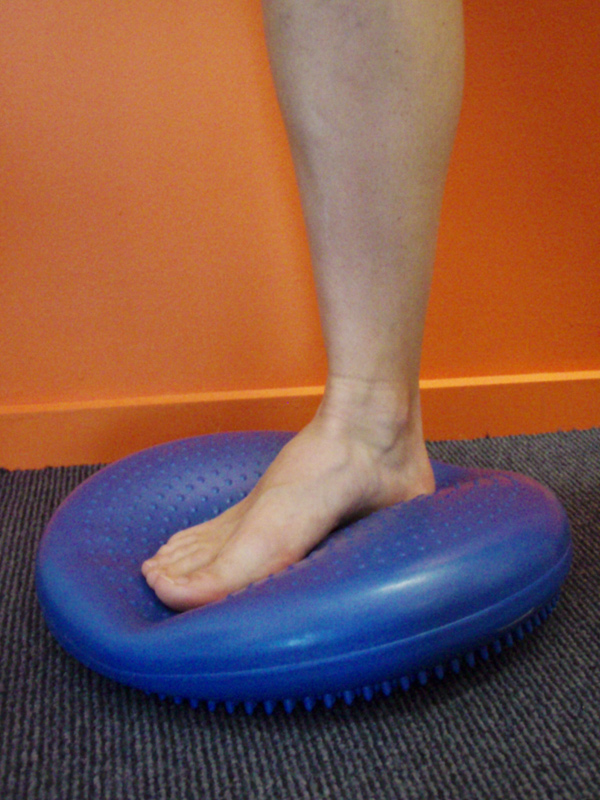Written by Alex Rigby, Physio, Strength & Conditioning Coach, Athlete.
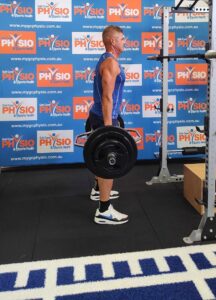 Are you an Endurance Athlete who doesn’t do any Strength Training? Here is some information you should know…
Are you an Endurance Athlete who doesn’t do any Strength Training? Here is some information you should know…
Too many times I hear endurance athletes say ‘”I don’t do gym because I don’t want to get big”, “Gym programs will not help me ride faster”, “I would rather spend my time running hills”. This is a common trait amongst endurance athletes who are simply scared of entering the weights room. What most of you athletes don’t understand is that strength training is not only going to assist performance (especially at the back end of your race) but it also a very important injury prevention tool.
It seems most endurance athletes can run and ride for hours yet cannot perform simple functional tests including 30 single leg calf raises or even 5 single leg squats. As a Physio and Strength and Conditioning coach, this is a trend that really concerns me, and then when injury occurs you wonder why they have suddenly been struck down by shin pain or muscular tightness and injury??? Recent research has identified specific strength deficits to be the cause of many lower limb injuries in athletes.
Endurance athletes spend hours each week logging long miles in an attempt to achieve their goals.
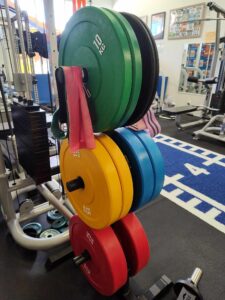
Most of this training involves what is termed ‘strength endurance’. This explains the ability to maintain strength over an extended period of time and in some races can be hours on end (between 8 and 17hrs for Ironman Triathlon and up to 48hrs for some Adventure Racing, or 8-12hrs for 100km running events). If you understand the definition of ‘strength endurance’, it would seem obvious that endurance athletes need to possess overall strength before being able to develop the ‘strength endurance’.
When designing a weights program for an endurance athlete careful consideration to the demands of the sport need to be considered. The allocation of your reps and sets is critical in gaining the goal of the session: What are you achieving doing 3 sets of 15 reps for each exercise at a low weight when this is simply replicating everything you do in your training?
Each session on your program needs to be specific and have an individual goal attached. The goal when entering the weights room is to get ‘strong’. This will allow greater capacity for your muscles to convert into strength endurance. During periods of high competition, it is difficult at times to structure gym sessions throughout the week, however, they should form a very integral part of your training program all year around and not be considered an optional adjunct to training.
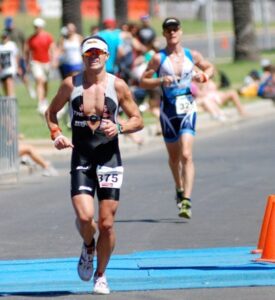 All the greatest endurance athletes in the world incorporate strength training into their yearly programs. Next time you are planning your training schedule leading into a race don’t forget to include periodised strength training. When fatigue or the ‘Grand Piano’ jumps onto your back at the end of your race remember the ‘Strongest’ athlete will carry the piano for the longest!
All the greatest endurance athletes in the world incorporate strength training into their yearly programs. Next time you are planning your training schedule leading into a race don’t forget to include periodised strength training. When fatigue or the ‘Grand Piano’ jumps onto your back at the end of your race remember the ‘Strongest’ athlete will carry the piano for the longest!
If you want any advice about incorporating a strength program into your training call us on 07 5500 6470 to book in with our S&C Coach available at our Burleigh Clinic






